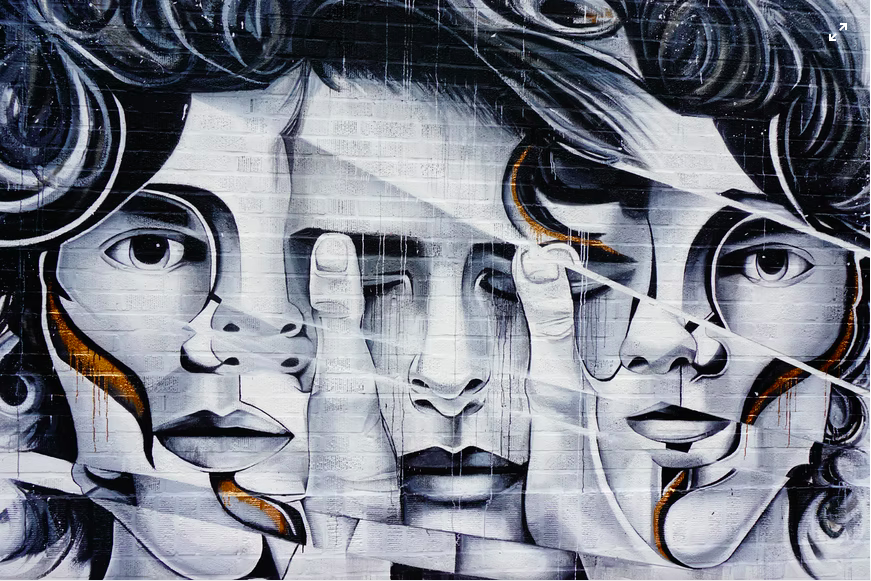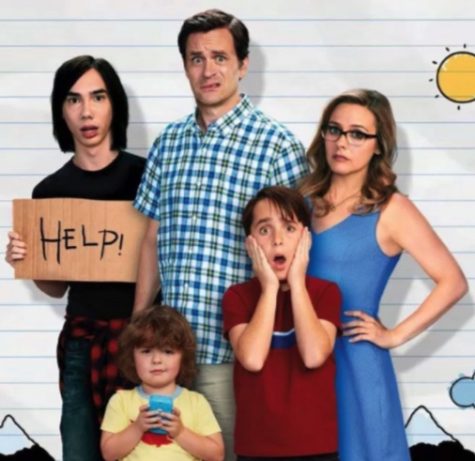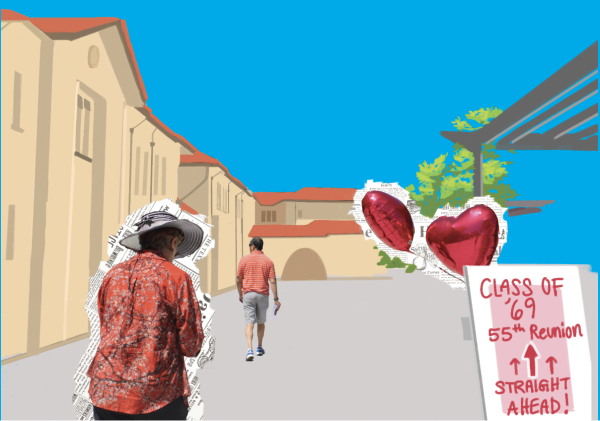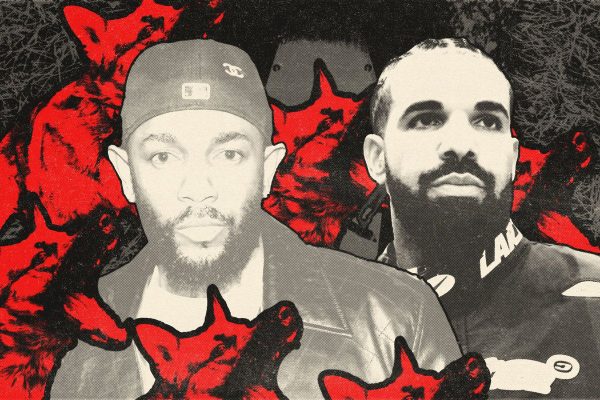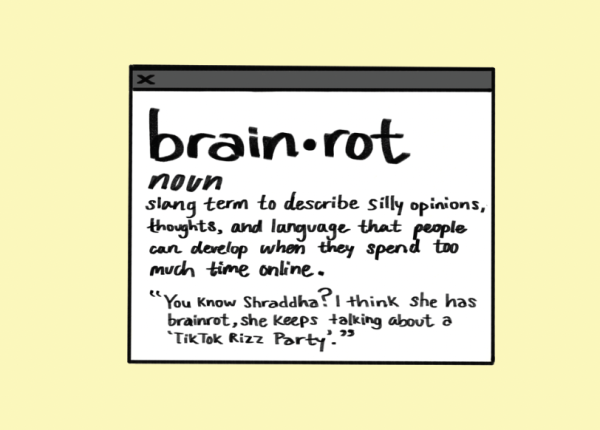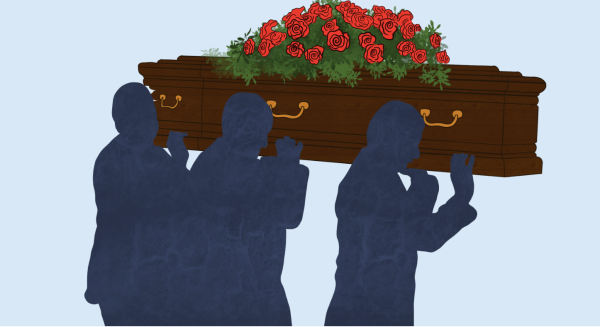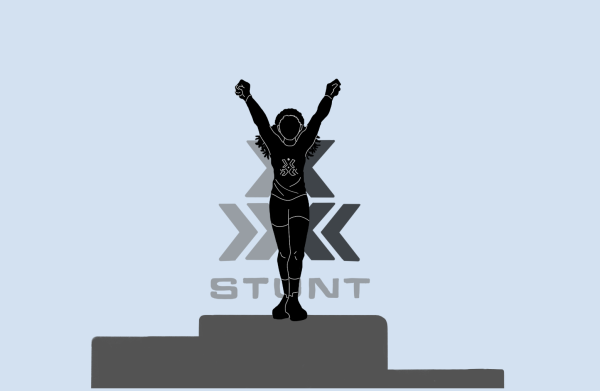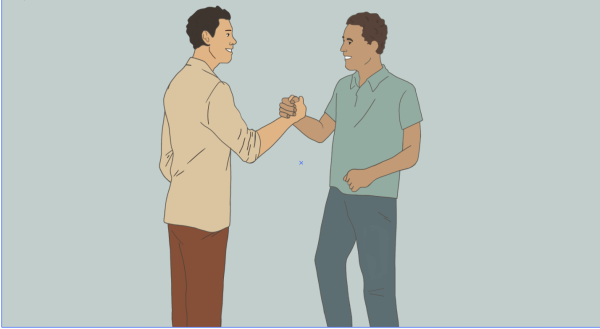Ableism in the mental health system
I have been in the mental health system since I was nine years old. I had a mother who was a social worker and I experienced childhood trauma, so off to therapy I went. I do not remember much about those first sessions except the droll room and the unspoken oddities of my thinking patterns. I had yet to receive my autism diagnosis, and was still in the early phases of understanding my physical ailments, so I resigned myself as someone who did not care for jeans, sports and small talk.
The mental health system is a multi faceted entity with varying types or levels of care ranging from therapy to the often dreaded psych ward. Due to systematic misunderstandings of autism and other mental illnesses, these levels are ill equipped to deal with people who will never fit the norm. Being someone with both mental and physical illness made me vulnerable to a condemning system. As I fell deeper through the levels of the system, I was eventually told that my physical ailments were the result of my self-destructive behaviors. Then I would be told that my self destructive behaviors were my physical problems; that I was faking them. Believing that fixing my mind would fix my body, my cure was to do the things my body told me I could not. This meant everything from getting up when I could not, eating more when I was full and staying in rooms that were too loud and overwhelming. But I knew I had no other choice so I did my best to comply. This sent me into such severe pain and sensory overload that I could not move and even then I thought I was not trying hard enough. My parents were a mix of unknowing and scared, making them bystanders in this period of my life. To fill this void I became more self-destructive.
Later I would grow into my identity as an autistic and chronically ill person and would come to identify my experience as medical gaslighting. People often hear the words “history of mental illness” and only hear “psychological problems” instead. Among women, it can lead some to be afraid to seek help for heart attacks for fear of it being called psychosomatic. This ties back to a broken system with little room for people seeking help to find it. Most mental health programs either refuse or do not have the ability to help those with autism.
Even now, equipped with a diagnosis, I still struggle to be listened to in the mental health system. My most recent treatment center, while leagues better than my prior institutions, still fell short on supplying promised accommodations to so many of us. I watched as a girl with severe nut allergies came into an environment rife with nuts, the opposite of what was promised to her family when arriving at the center. While the reason for her stay was not directly pertaining to nuts or food in general, she still was not given what she needed because of the institutional rules in place. The result was her going on a three day hunger strike until accommodations were made for her. This black and white example is symbolistic of the neglect going on for many in the mental health system. For me, the result of this neglect has been more ingrained behaviors and trauma. I still have to remind myself daily that I am not faking my physical pain. I still have to fight through it to survive but that does not mean I do not acknowledge it .
The staff at my most recent place were receptive to our concerns regarding a range of issues from not enough time to sleep to the lack of ability to meet clients individual needs, flushing out an underlying systemic issue. The words of affirmation were plentiful, but affirmative action was sparse due to often archaic rules and approach in place. Nevertheless, the underlying issues in the mental health system continue to persist. This often primitive system that was built on years of hysteria diagnosis, misunderstandings and conservatorships has still yet to change in many manners continuing to only apply to a singular narrative.


